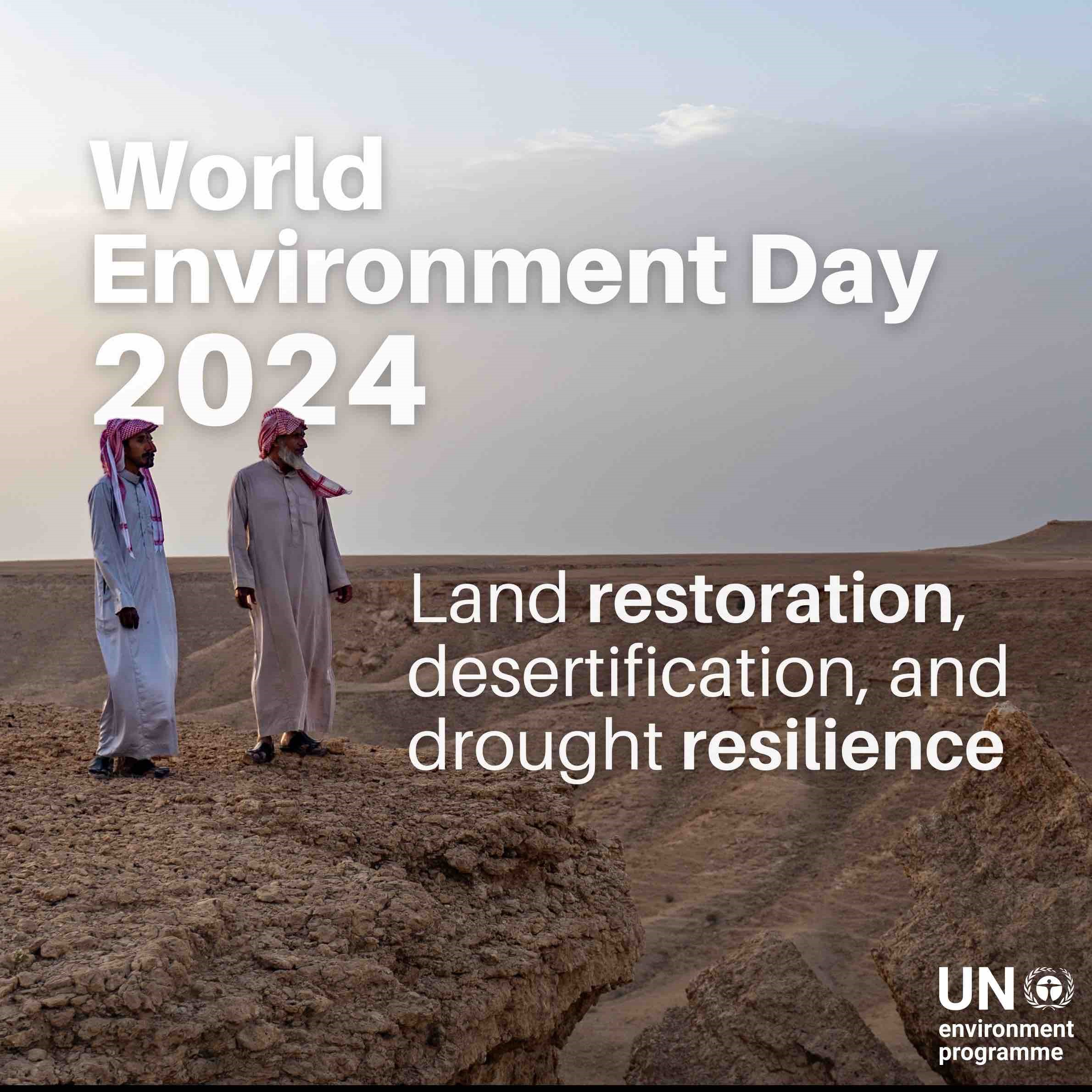This year’s World Environment Day campaign emphasizes the critical need for land restoration, addressing desertification, and enhancing drought resilience under the poignant slogan “Our land. Our future. We are #GenerationRestoration.” The Kingdom of Saudi Arabia, a nation with significant desert landscapes and emerging environmental initiatives, is set to host the 2024 World Environment Day global celebrations on June 5th. This annual event, established by the United Nations General Assembly in 1972, has evolved over the past five decades into one of the most extensive global platforms for environmental advocacy, engaging tens of millions of people worldwide through both online and in-person activities.
The focus on land restoration and combating desertification aligns seamlessly with Saudi Arabia’s Vision 2030, which includes ambitious environmental goals aimed at sustainable development and ecological preservation. The urgency of these themes is underscored by the increasing frequency and severity of droughts and the degradation of land resources, which threaten not only the environment but also global food security and livelihoods.
Land restoration and combating desertification are not just environmental imperatives but are deeply rooted in the fundamental responsibilities of mankind. As described in the biblical verse Genesis 1:28, “God blessed them and said to them, ‘Be fruitful and increase in number; fill the earth and subdue it. Rule over the fish of the sea and the birds of the air and over every living creature that moves on the ground.'” This passage encapsulates the divine mandate for humanity to engage in both qualitative and quantitative stewardship of the earth. Being fruitful implies enhancing the quality of life, while increasing in number addresses growth. Subduing the earth reflects the responsibility we hold, and ruling over it denotes the authority bestowed upon us.
However, with authority comes the profound responsibility to manage, care for, and enrich creation. This entails making the world a better place for all living beings, including plants and trees. The current emphasis on conservation stems from the imminent threats posed to mankind by environmental degradation. It is crucial to recognize that creation is not merely a resource for human consumption but a masterpiece crafted by God, meant to glorify Him. The purpose of creation transcends utilitarian functions, aiming instead to reflect divine glory.
God’s interest in creation is rooted not in necessity but in His free love and grace. Although He remains distinct from His creation, His involvement signifies a divine plan in which humans are appointed as stewards. While some theological perspectives argue that the earth is destined to be renewed (as indicated in 2 Peter 3:7,10 and Revelation 21:1-5), this does not negate our current duty to care for creation. Christianity uniquely provides knowledge of the past, a sense of responsibility for the present, and hope for the future. This holistic view reinforces the notion that caring for the environment is integral to fulfilling our divine mandate.
The call to restore land, address desertification, and build drought resilience is not just an environmental challenge but a spiritual and moral imperative. As #GenerationRestoration, we are entrusted with the task of nurturing the earth, ensuring its sustainability for future generations. World Environment Day 2024 serves as a reminder of this sacred duty, urging us to act collectively and responsibly to safeguard our land and secure our future.
– Salathiel Nalli

